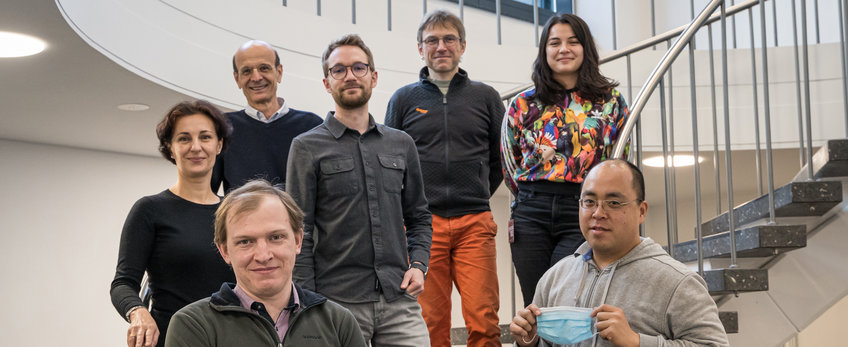
Emeritus Laboratory Rudolf Grosschedl
Cellular and Molecular Immunology
Differentiation of hematopoietic stem cells to specialized effector cells involves multiple cell fate choices and a progressive loss of lineage potential. We study how transcription factors change the epigenetic landscape, activate cell type-specific gene expression and ensure the maintenance of lineage identity. We use B lymphopoiesis as a model system and investigate how progenitor cells commit to the B cell lineage. We found that EBF1 acts as a pioneer transcription factor that regulates the transition of naive progenitor chromatin to B-lineage-committed chromatin. In addition, we examine the role of Satb transcription factors in the regulation of higher-order chromatin and differentiation of B cells and embryonic stem cells.
Approach
We use gene editing, genome-wide molecular and cell biological approaches in combination with primary cell transduction and mouse transgenic analysis to gain insight into the regulatory networks of B cell differentiation.
Impact
Our research is aimed at understanding how the correct dosage and function of transcription factors safeguard B lymphoid cells against leukemic transformation.
Selected Publications
Immunity 53(6), 1151-1167.e6